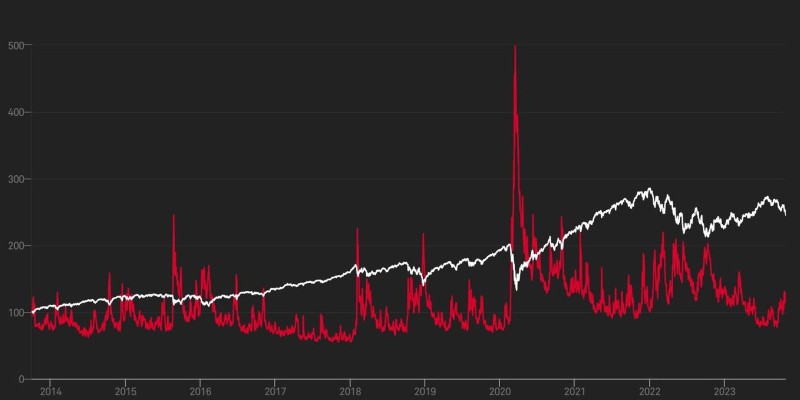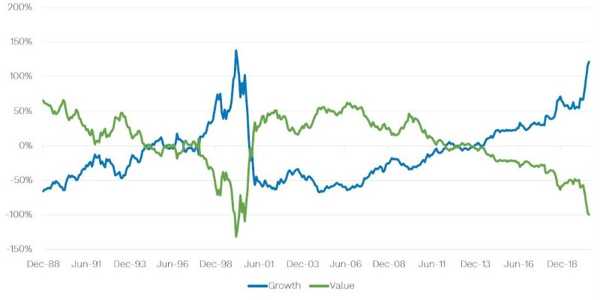Why Liquidity Is Important In Stock Market Trading
Liquidity plays a pivotal role in the stock market, acting as a crucial element that influences the smooth functioning of trading activities. It is essentially the ability to buy or sell assets, such as stocks, without causing significant price fluctuations. The concept of liquidity is widely discussed in financial circles, but its importance cannot be overstated, especially for those who trade in the stock market. This article will delve into the reasons why liquidity is important in stock market trading, exploring its impact on pricing, volatility, transaction costs, and overall market health.
What Is Liquidity In The Stock Market?
Liquidity in the stock market refers to the ease with which an asset can be bought or sold in the market without affecting its price. In simpler terms, it’s how quickly you can convert your stock into cash, or vice versa, without encountering a large price discrepancy between the buying and selling price. A highly liquid market is one in which there are many buyers and sellers, leading to quick and efficient transactions. On the other hand, an illiquid market, where buyers or sellers are scarce, can cause delays and increased price volatility.

In the context of individual stocks, liquidity is generally determined by the stock’s trading volume and the bid-ask spread—the difference between the highest price a buyer is willing to pay and the lowest price a seller is willing to accept. Stocks with high trading volumes and narrow bid-ask spreads are considered liquid, while stocks with low trading volumes and wider bid-ask spreads are considered illiquid.
Importance Of Liquidity In Ensuring Market Efficiency
Liquidity ensures that the market operates efficiently, allowing traders to enter or exit positions with minimal delay. Without sufficient liquidity, the stock market would become slow and inefficient, with transactions taking longer to execute and prices becoming more difficult to determine.
In a highly liquid market, price changes reflect real-time information and investor sentiment. When liquidity is high, the prices of stocks more accurately reflect the underlying value of a company or its assets. On the contrary, in a market with low liquidity, price discovery can be skewed, as a small number of trades can disproportionately affect prices. This is especially problematic during times of market volatility when rapid price changes can lead to uncertainty among investors.
Liquidity And Price Stability
One of the most significant advantages of liquidity is its role in maintaining price stability. In an illiquid market, the absence of sufficient buyers or sellers means that even a small trade can cause large price movements. This is often referred to as slippage, where the actual price of a stock differs from the expected price due to a lack of available counterparties.

For instance, in low-liquidity conditions, the bid-ask spread tends to widen, meaning that a trader might need to accept a less favourable price when buying or selling a stock. This can lead to higher costs for traders and discourage participation in the market. Liquidity helps mitigate these effects by ensuring that transactions occur smoothly, with minimal price fluctuations. It is especially important in times of high volatility when the market is prone to sudden swings. In such conditions, liquidity acts as a stabilizing force, ensuring that prices do not deviate wildly from their intrinsic value.
Liquidity And Volatility
Volatility refers to the extent to which the price of an asset fluctuates over time. In liquid markets, volatility is typically lower because the presence of more buyers and sellers helps to absorb large trades, preventing dramatic price swings. Liquidity acts as a buffer, allowing for smoother price movements and reducing the chances of a sharp, sudden change in stock prices.

When liquidity is low, however, volatility tends to increase. Illiquid markets are more susceptible to price manipulation, where a single trader or a small group of traders can exert undue influence over the price of a stock. In addition, large trades in illiquid stocks can cause significant price movements, creating an environment of heightened volatility that may deter investors from participating.
This relationship between liquidity and volatility is crucial for investors to understand, as it affects their decision-making process.
Liquidity And Investor Confidence
The level of liquidity in a market can have a significant impact on investor confidence. In liquid markets, investors are more likely to trust that they can buy and sell stocks at fair prices without facing unexpected price changes or delays. This confidence is vital for maintaining a healthy and active market, as it encourages more investors to participate, thus increasing liquidity even further.

In illiquid markets, on the other hand, investors may feel uneasy about their ability to execute trades at reasonable prices. The risk of encountering a wide bid-ask spread or experiencing slippage can discourage potential traders from entering the market, leading to reduced participation and a downward spiral in liquidity. As liquidity decreases, the market becomes more prone to manipulation, and the potential for price volatility increases, further eroding investor confidence.
Liquidity And Market Sentiment
Market sentiment, or the overall attitude of investors toward a particular market or asset, is heavily influenced by liquidity. In times of uncertainty or crisis, investors often flock to liquid assets such as major stocks or bonds, which can be easily traded without significant price movement. Liquidity acts as a haven during market stress, as it provides a sense of stability and security.

Conversely, in illiquid markets, market sentiment can be more easily swayed by rumours, speculation, or large trades that influence prices. The lack of liquidity in such markets makes it harder for investors to gauge the true value of an asset, leading to increased anxiety and uncertainty. This is why investors often prioritize liquidity in their decision-making process, as it provides a degree of safety and transparency that is not present in illiquid markets.
Conclusion
In conclusion, liquidity is a cornerstone of efficient stock market trading. It ensures that transactions occur smoothly, with minimal price disruption, and allows traders to buy or sell stocks quickly without incurring excessive costs. The importance of liquidity in maintaining price stability, reducing volatility, and promoting investor confidence cannot be understated.
As a result, it is an essential factor that every investor must consider when evaluating the market or making investment decisions. Whether you are a day trader or a long-term investor, understanding and prioritizing liquidity can help you make smarter, more informed decisions in the stock market.





